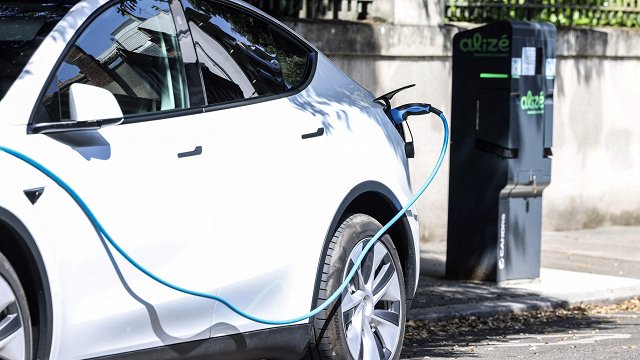Kaminskis pointed to concerns about lower-income residents' ability to pay energy bills, and this could also affect the middle class. In order to determine the ability of households to pay, it is necessary to look at the total family income. Such data could only be available after a year – in September next year, LPS Chairman said.
Housing benefits could also be needed for a significantly wider range of households. Last year it was 20,000, but this year already 44,000 families have needed aid. Consequently, municipalities will not cope with support for households and it would be necessary for the aid coverage to grow from 50% to 75%, said Kaminskis.
There are also concerns over the ability of municipalities to quickly process all aid applications, and congestion are predicted. As reported, for several types of heating, residents would have to apply for the state aid to the municipality, which in turn would have to check the application and forward it to the supplier.
Meanwhile, Luminor's economist Pēteris Strautiņš told LTV that the economic developments in the country cannot be called an all-out economic crisis, "because there are sectors developing very well".
"Service exports this year are developing wonderfully," said Strautiņš. He added that the current situation could be called a "crisis of standard of living". It would be temporary, he said, as the situation will resolve as energy prices lower. During that time, state aid would still be necessary.






























